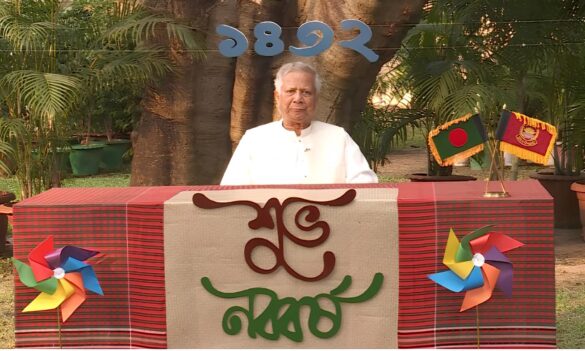Approximately 30 young Tibetan research scholars, including participants from the Himalayan region, gathered at Sarah College for Higher Tibetan Studies to attend the 9th Young Tibetan Research Scholars’ Conference, on Tuesday.
The conference, organised by the Tibet Policy Institute, aims to explore various aspects of the current Tibet situation under China’s policies and leadership, focusing on religion, culture, language, and economy during the illegal occupation of Tibet.
As reported, over the upcoming three days of the conference, research scholars will share and deliberate on their findings about Tibet’s present state, covering Chinese policies, leadership, religion, culture, language, and economy within the context of China’s disputed control over Tibet.
The inaugural session, which took place earlier this morning, was attended by notable figures such as Speaker Khenpo Sonam Tenphel of the Tibetan Parliament, Secretary Karma Choeying of the Department of Information and International Relations, TPI’s Director Dawa Tsering, and Principal of the institute, Passang Tsering.
During his introductory remarks, Director Dawa Tsering highlighted the significance of actively countering China’s narrative of Tibetan history and their consistent efforts to gain global legitimacy for their illegal occupation of Tibet.
Secretary Karma Choeying urged the researchers to closely examine the formulation and implementation of policies in Tibet by the Beijing government. He also emphasised the need to disseminate research findings in multiple languages. Additionally, he called upon researchers from the Himalayan region to collaborate in the preservation of Tibetan religion and academic heritage.
The Speaker of the Tibetan Parliament stressed the importance of enhancing the quality and productivity of research. He reiterated the significance of studying the historical context and monitoring China’s evolving policies toward Tibet.







